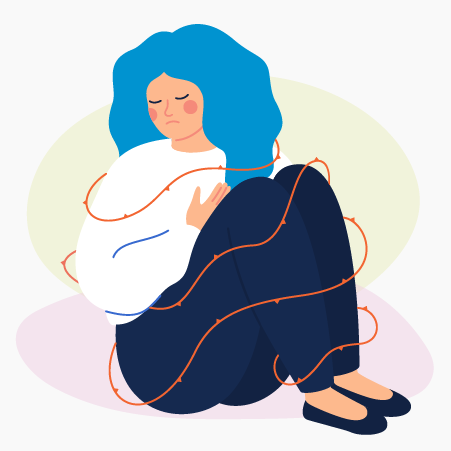Google Adds Anxiety Self-Assessment to Search
 Google is partnering with grassroots organization the National Alliance on Mental Illness to provide access to more mental health resources, including a clinically validated anxiety self-assessment.
Google is partnering with grassroots organization the National Alliance on Mental Illness to provide access to more mental health resources, including a clinically validated anxiety self-assessment.
Starting on May 28, 2020, when Google users in the US search for information about anxiety, they will be directed to the self-assessment in Google’s knowledge panel, the box of key facts and information at the top of the search results. Medically validated information about symptoms and common treatments of anxiety will also appear in the box.
The assessment is called the Generalized Anxiety Disorder-7, GAD-7, and will ask seven questions that health care professionals may ask when screening for anxiety. The assessment will also provide access to resources developed by NAMI.
The anxiety self-assessment is the third mental health screen available on Google Search. NAMI has previous partners with Google to provide clinically validated questionnaires and resources for depression and PTSD.
Google says that it does not collect or share answers of results from the questionnaires to ensure results will be private and secure.
Excerpted from “Google adds anxiety self-assessment to search” on CNET. Read the full article.
Source: CNET | Google adds anxiety self-assessment to search, https://www.cnet.com/health/google-adds-anxiety-self-assessment-to-search | © CBS Interactive Inc.
Stress and Crisis Resources
For immediate assistance, the following resources are available 24/7 unless otherwise noted:
- Dial 911 or go to your nearest emergency room or urgent care
- Crisis Text Line: Text BAY to 741741 (Anyone can send a message! Kids, teens, and adults)
- Star Vista’s Crisis Hotline: 650.579.0350
- National Suicide Prevention Hotline: (800) 273-8255
- Uplift Mobile Crisis Team: (408) 379-9085 / toll-free (877) 412-7474
- Alum Rock Mobile Crisis: 408.294.0579
- Lifeline Crisis Chat: crisischat.org
- OnYourMind Teen Chat (M-Th, 4:30-9:30 pm): onyourmind.net
A screening can help you determine if you or someone you care about should contact a mental health professional. CHC teletherapy services are available now. Call or email our Care Managers at 650.688.3625 or careteam@chconline.org to set up a free 30-minute consultation appointment.





